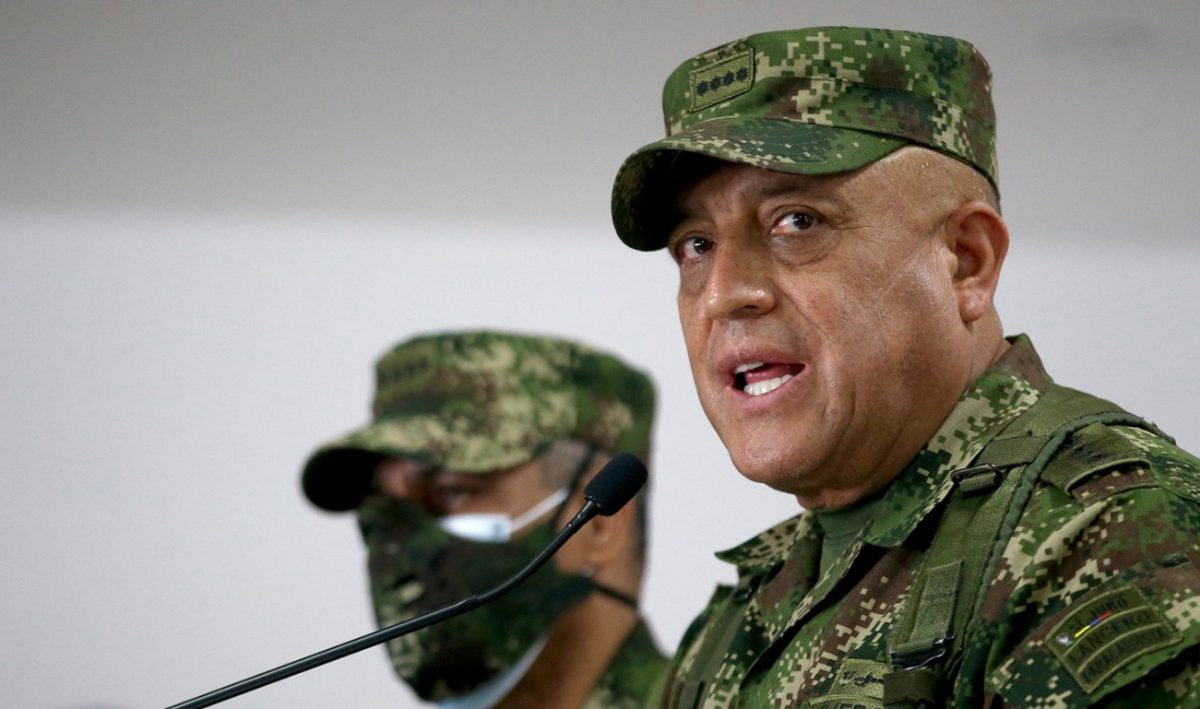BOGOTA, (Reuters) – Highly-trained Colombian soldiers left at a loose end after retirement have frequently been tempted by opportunities to ply their trade abroad as private military contractors from Iraq to Yemen, military officials and experts said yesterday.
At least 17 ex-members of Colombia’s military are among the suspects in this week’s assassination of Haitian President Jovenel Moise who was shot early on Wednesday at his home by what officials said was a group of foreign mercenaries.
The assassination has pitched Haiti deeper into political turmoil amid widespread gang violence. The motive for the killing – and its intellectual authors – remain unknown.
But for those who want to hire mercenaries, Colombia is a popular choice. The South American country’s nearly 60 years of internal conflict have provided a prolific training ground for soldiers.
For those trained as part of elite counter-terrorism units, retirement can come as early as their 40s, leaving many with only modest pensions and little idea what to do next.
“The recruitment of Colombian soldiers to go to other parts of the world as mercenaries is an issue that has existed for a long time, because there is no law that prohibits it,” armed forces commander General Luis Fernando Navarro told journalists.
“There are a significant number of Colombian soldiers in Dubai, for example.”
The United Arab Emirates has been an important client of Colombian ex-soldiers, dispatching them to fight Iranian-backed Houthis in Yemen, alongside fighters from Panama, El Salvador and Chile, according to Sean McFate, a senior fellow at the Atlantic Council thinktank and professor at Georgetown and the National Defense University.
Latin Americans charge a fraction of what U.S. or British ex-soldiers do, even when they are earning up to four times their old military salaries, McFate wrote in a 2019 report.
Navarro said that retiring soldiers were given the chance to take classes with Colombia’s technical college system but the military does not keep tabs on retirees.
Colombians are often recruited as mercenaries “because of all their experience,” army head General Eduardo Zapateiro told Reuters.
“It’s a shame because we train them for other things,” he said.
Colombian soldiers with experience in counter-insurgency and urban anti-terrorism or who have received training in countries like the United States and Israel are generally those targeted for recruitment, a military source told Reuters.
All young Colombian men are required to spend at least a year doing military or police national service, though those attending university and able to pay a fee are excused.
Staying on to become full-time soldiers may be one of the few formal jobs available to those from poor backgrounds, especially in rural areas hit hard by the conflict.
The work pays little, is dangerous, and involves being away from loved ones, as well as confronting mistrust of the armed forces in places where soldiers have been accused and sometimes convicted of human rights violations.
McFate said that, while U.S. firms like Blackwater remain the best-known private military contractors, scores of ex-fighters from other countries were now imitating U.S. providers.
“Every day new private military groups emerge from countries like Russia, Uganda, Iraq, Afghanistan and Colombia. Their services are more robust than Blackwater, offering greater combat power and the willingness to work for the highest bidder with scant regard for human rights,” McFate wrote in the report.
“They are mercenary in every sense of the word.”






